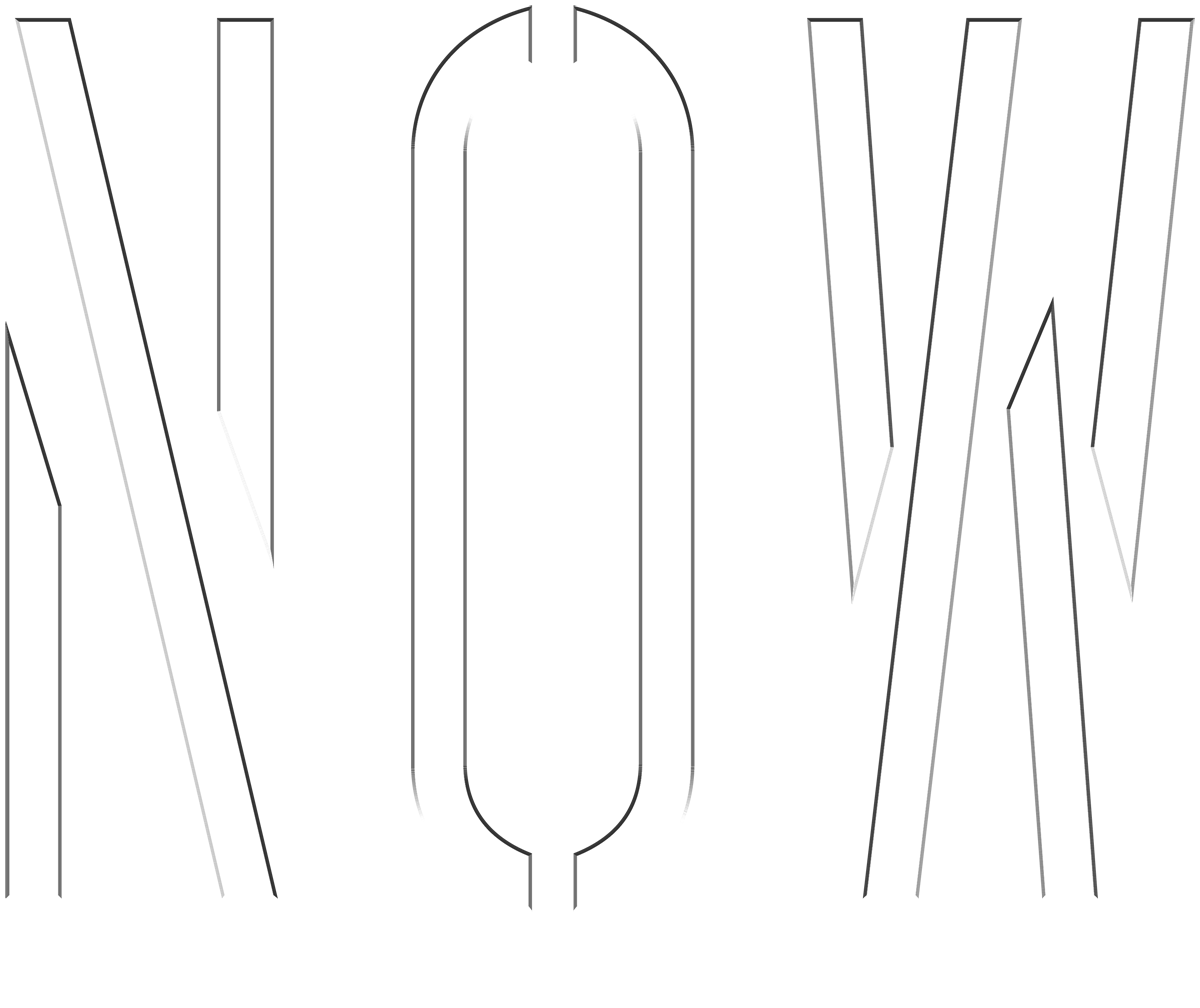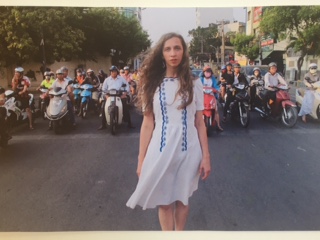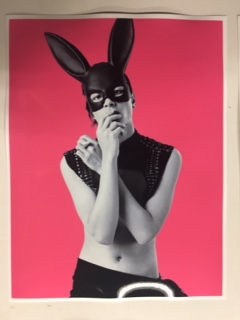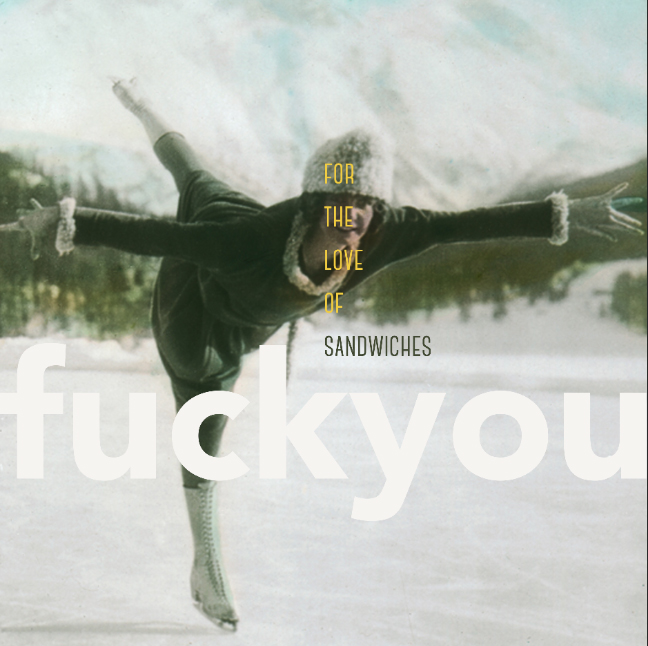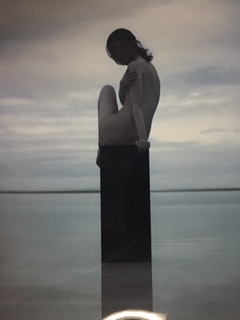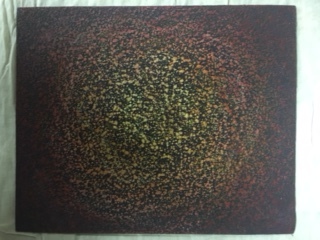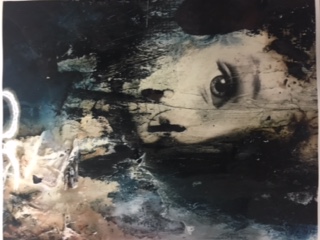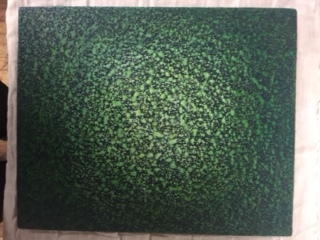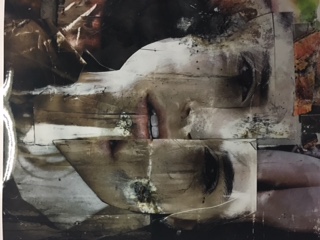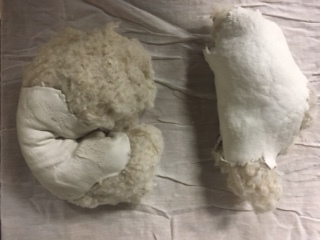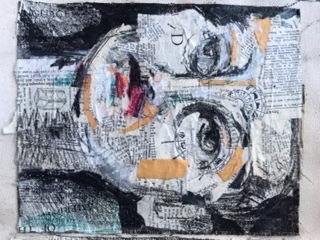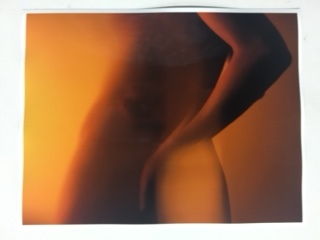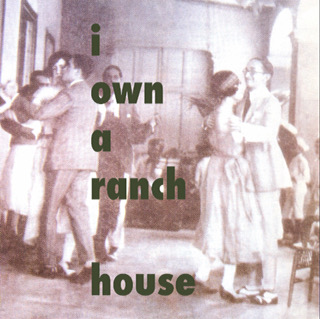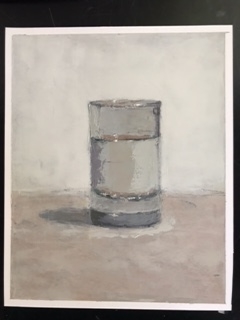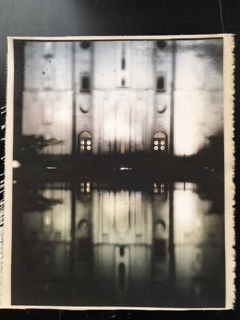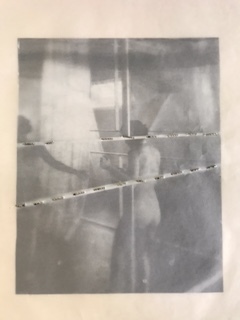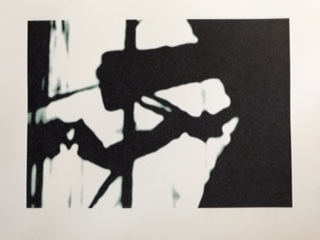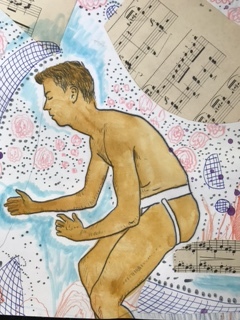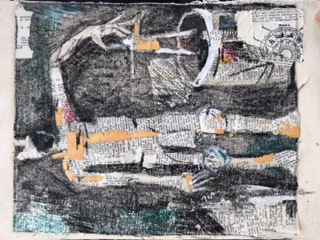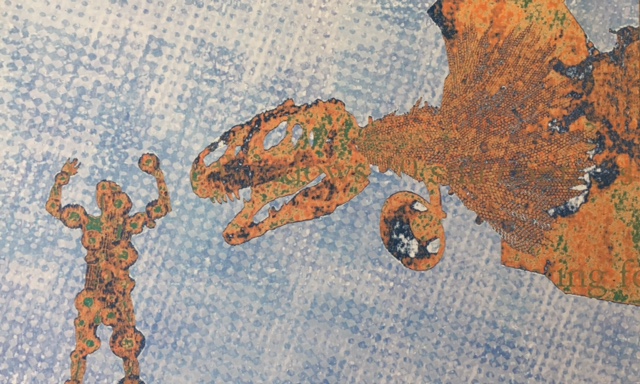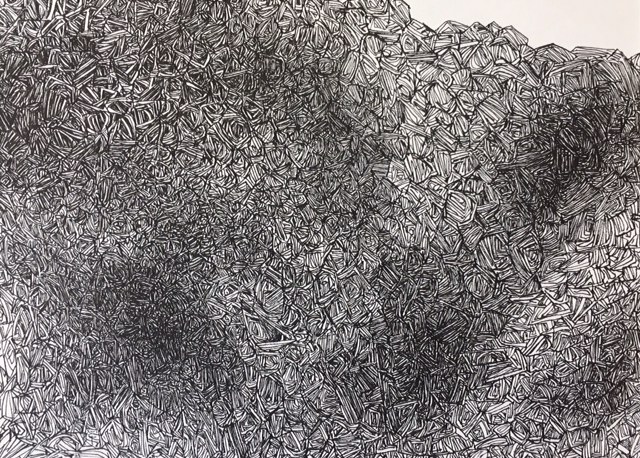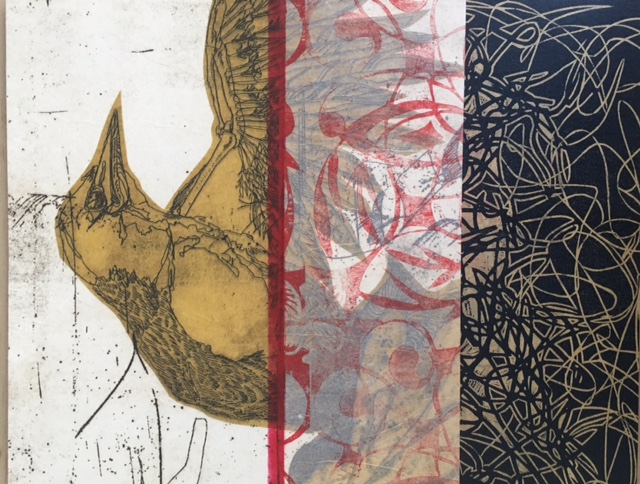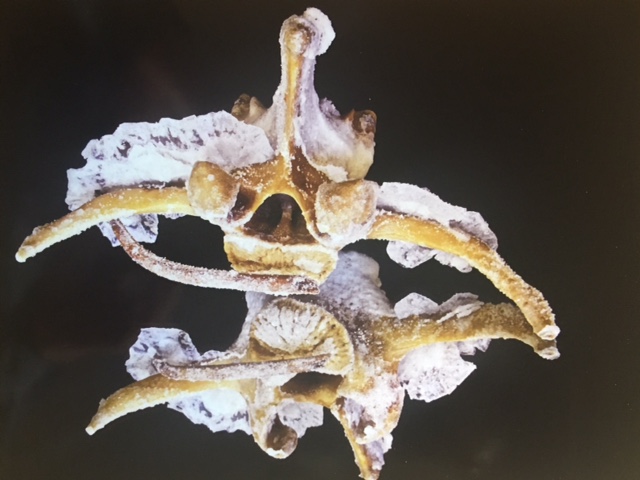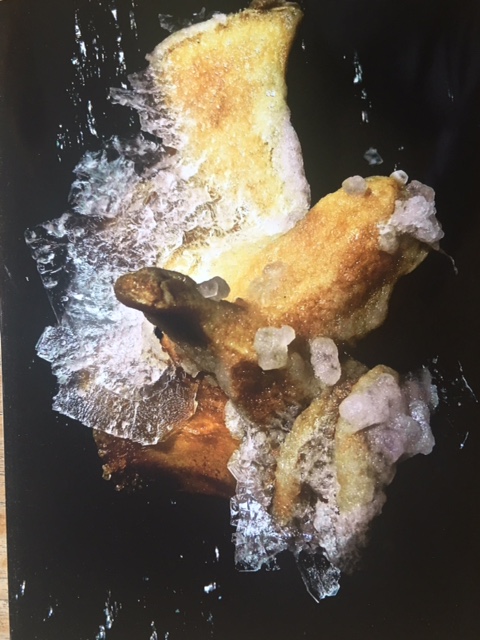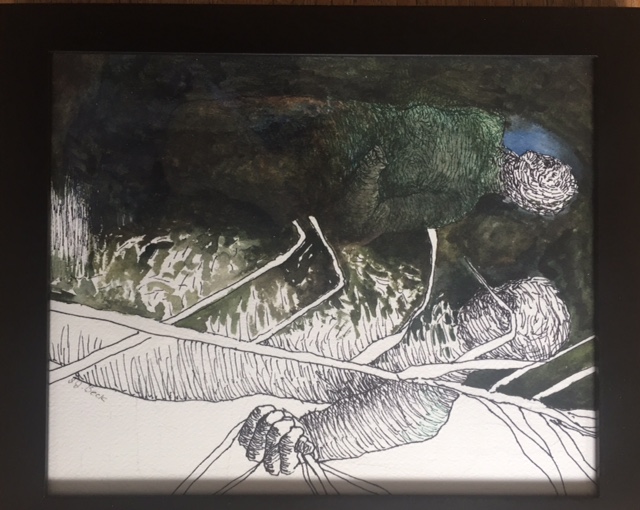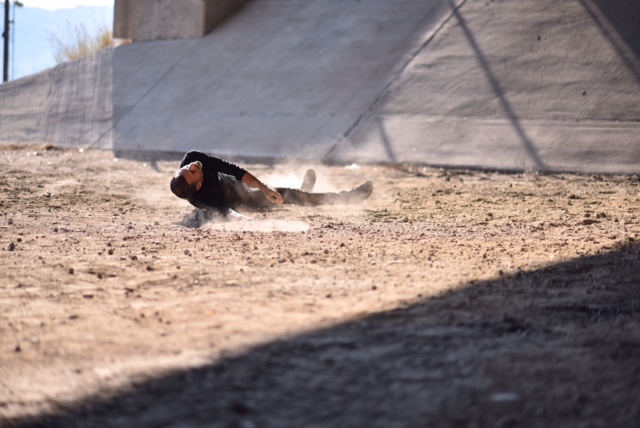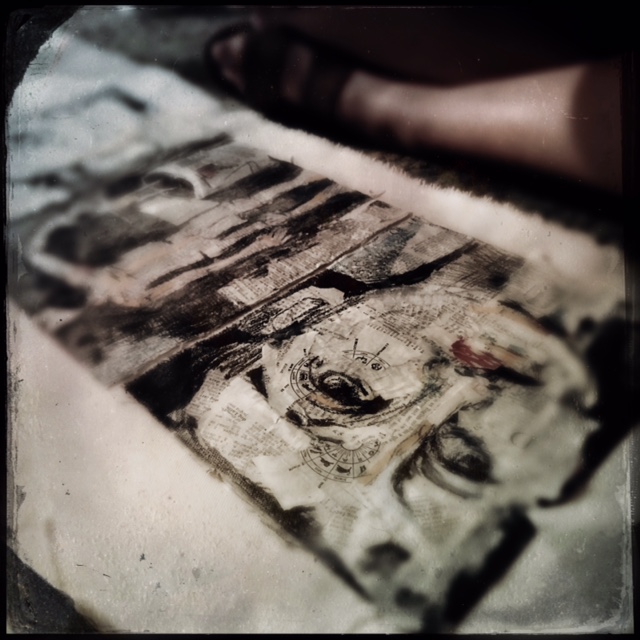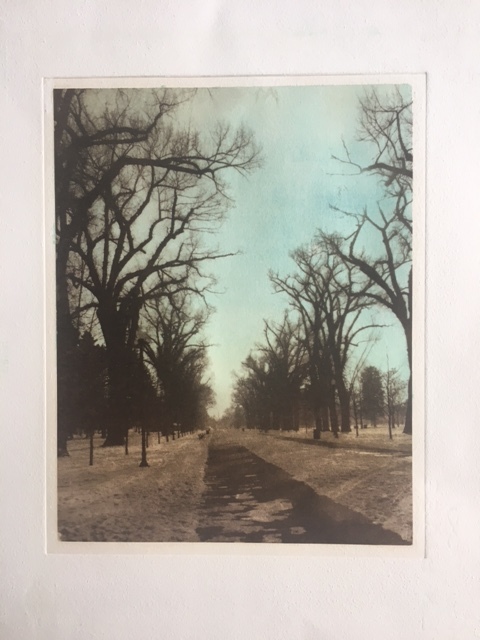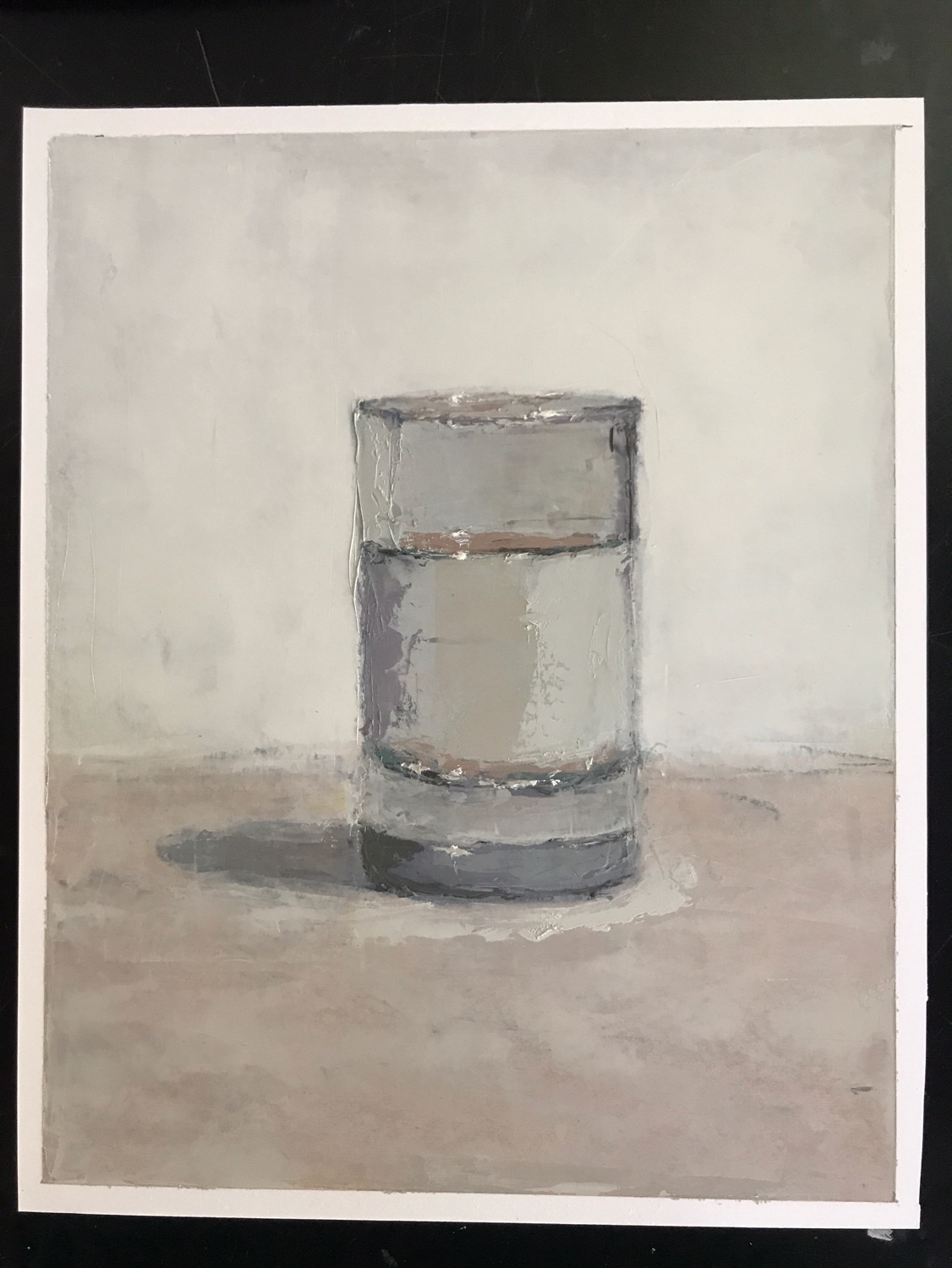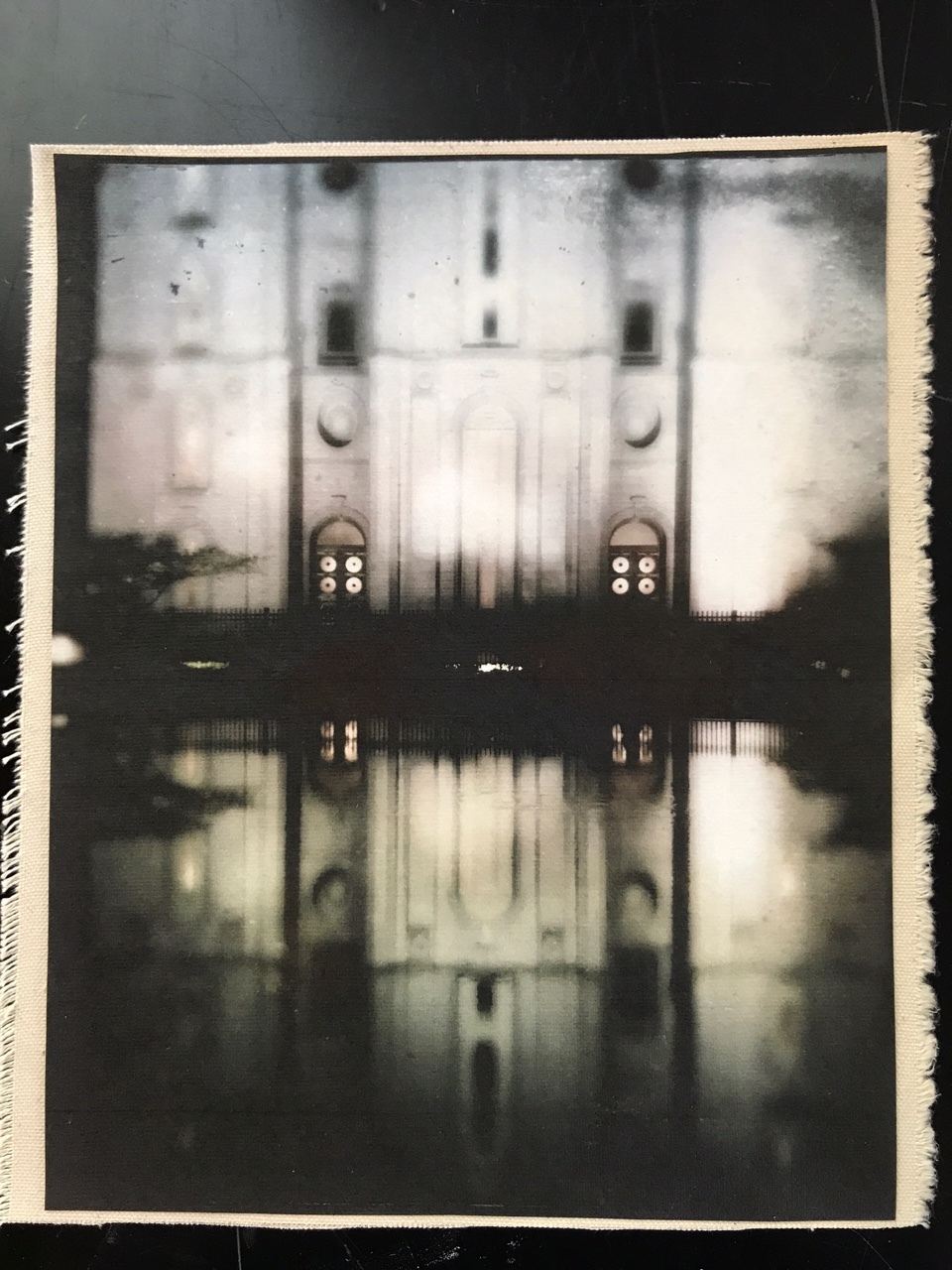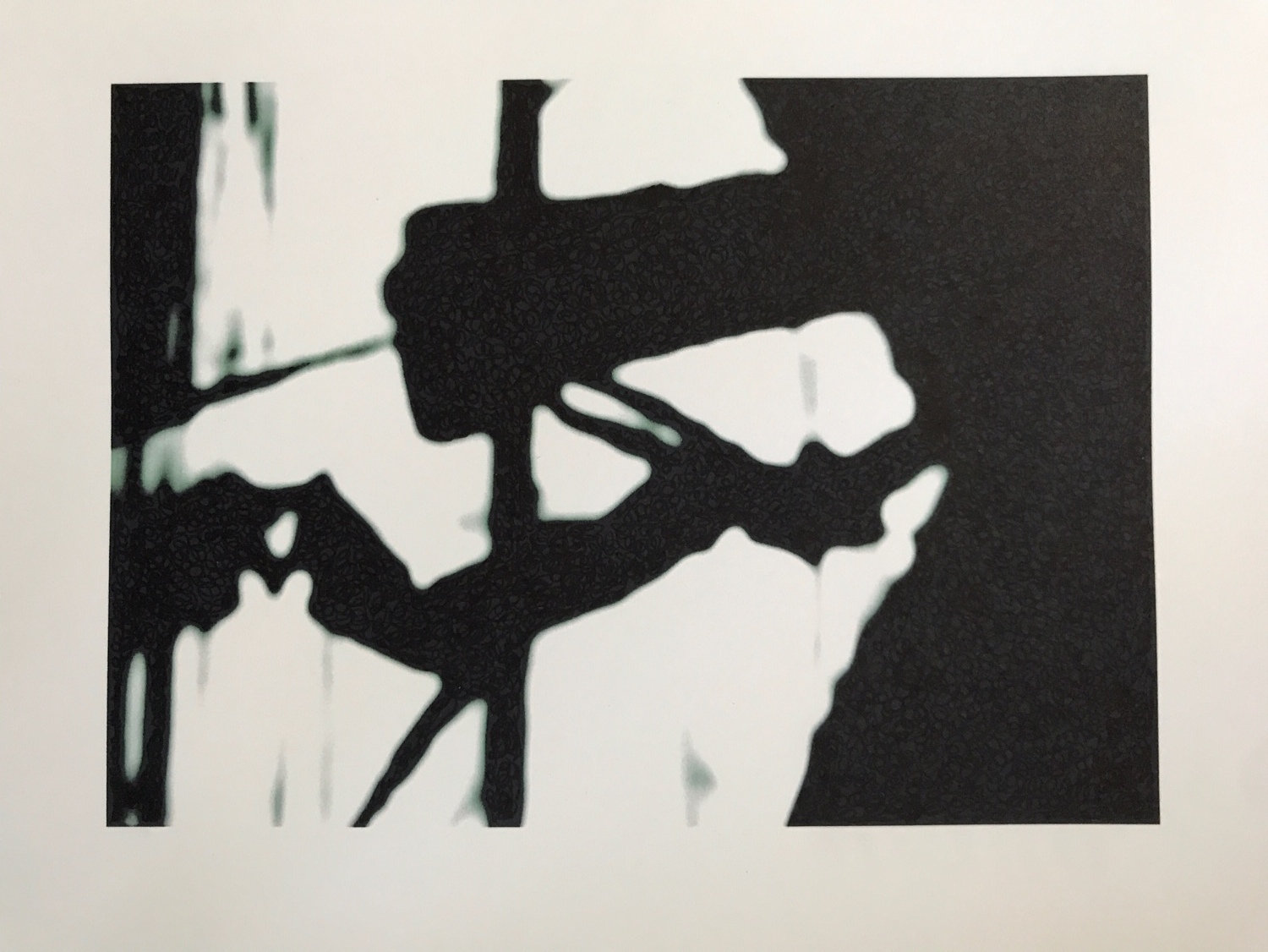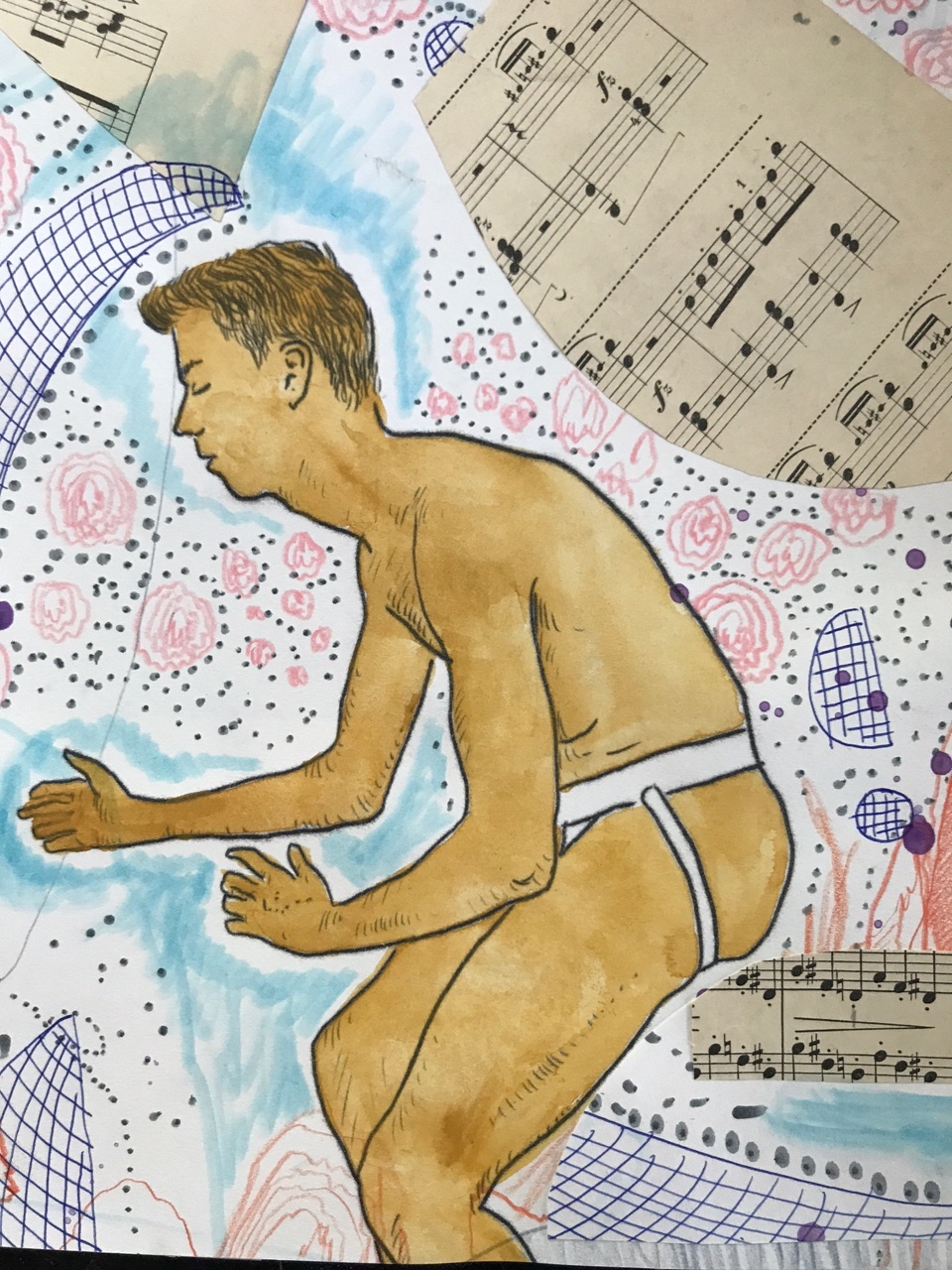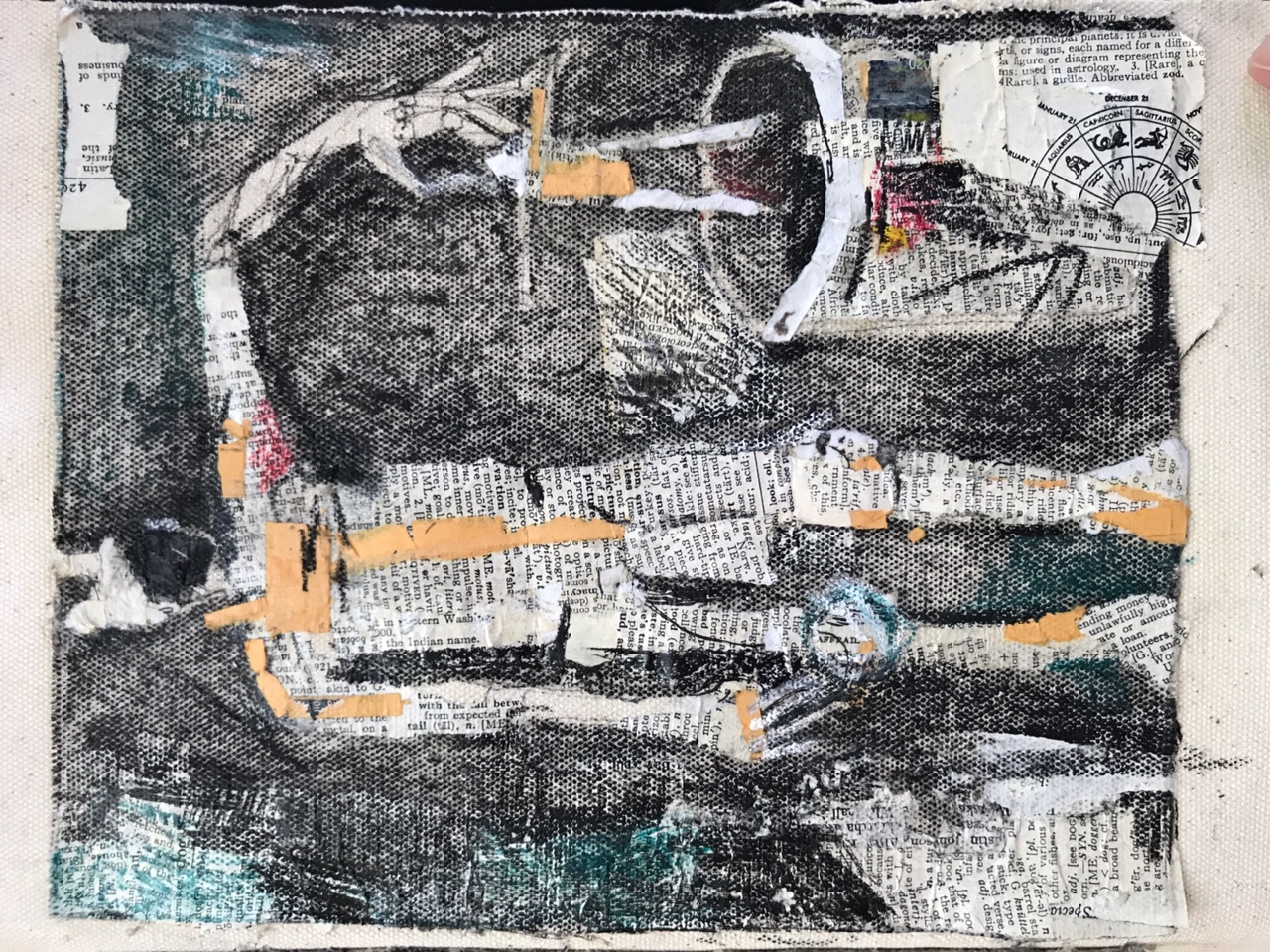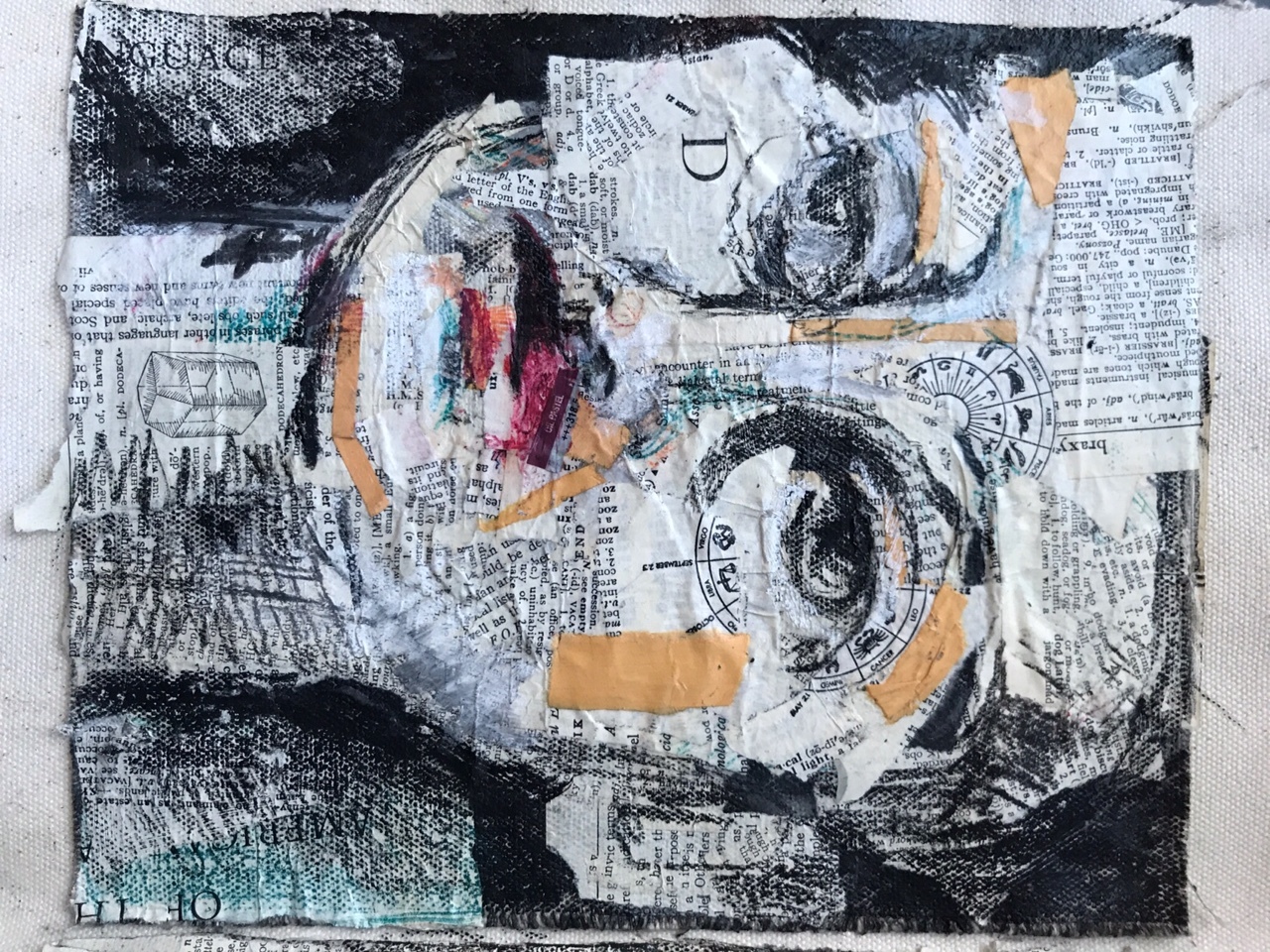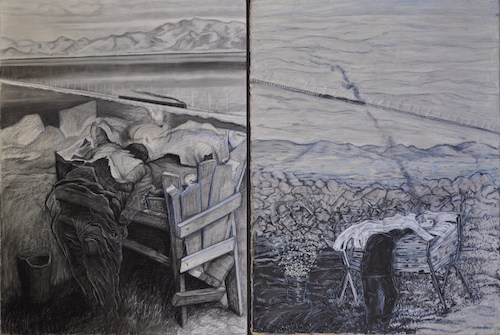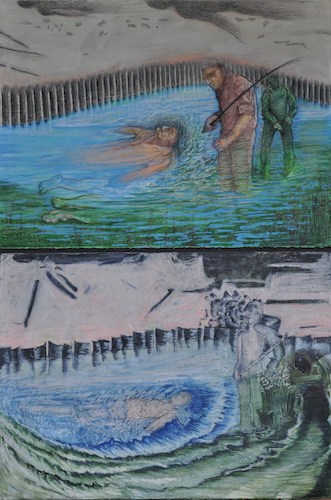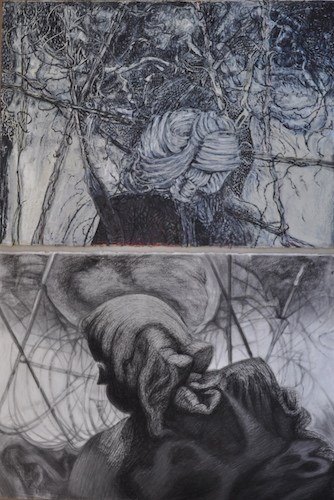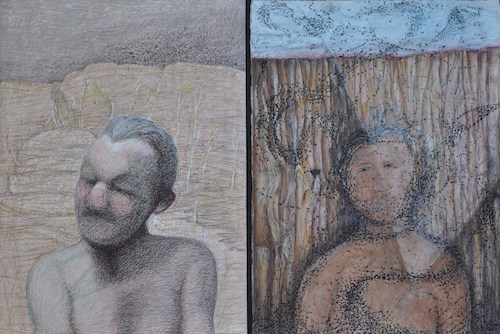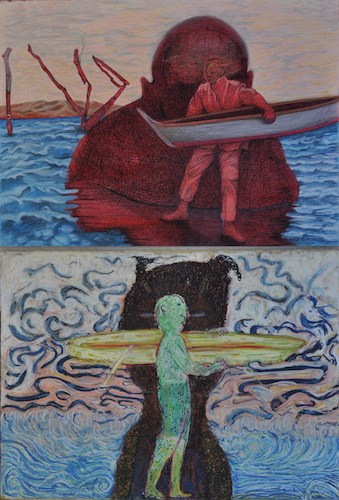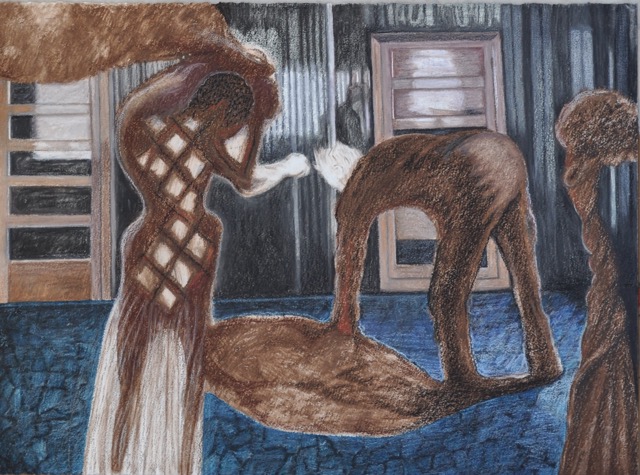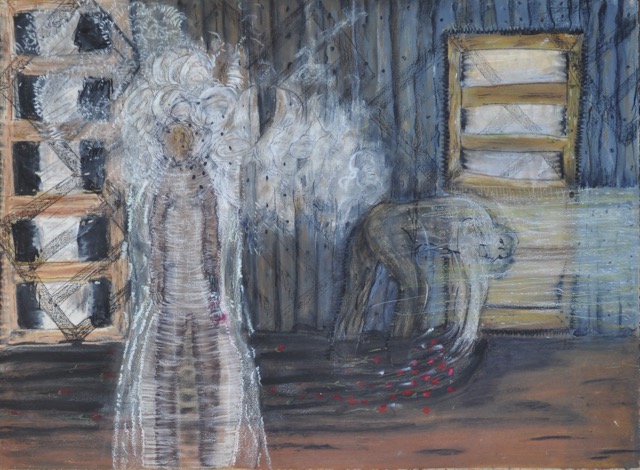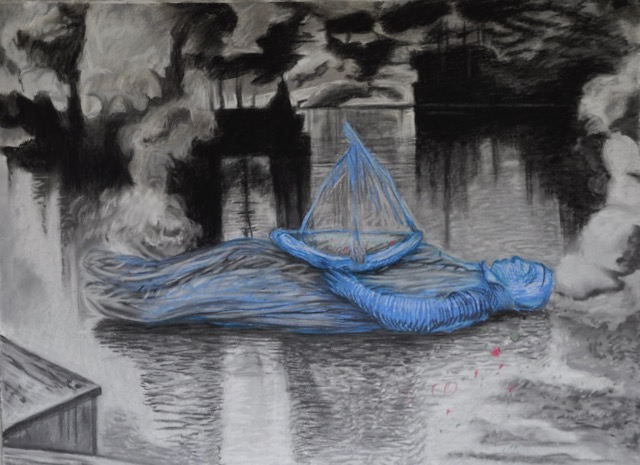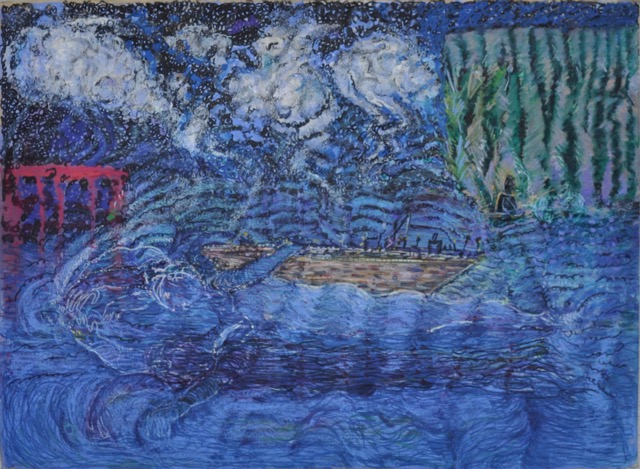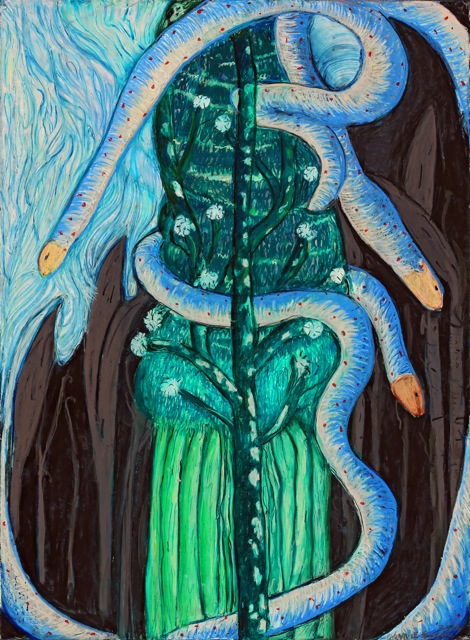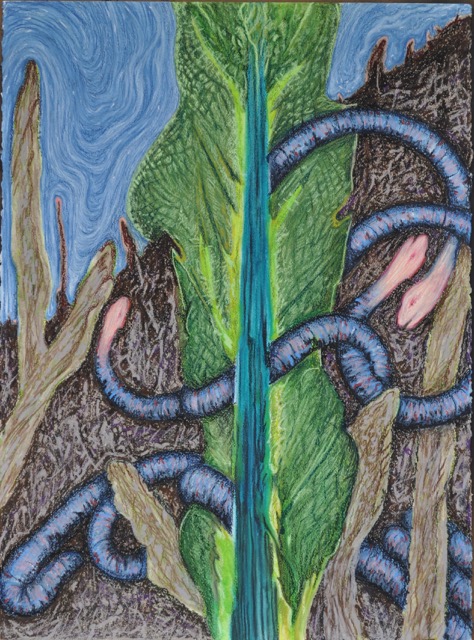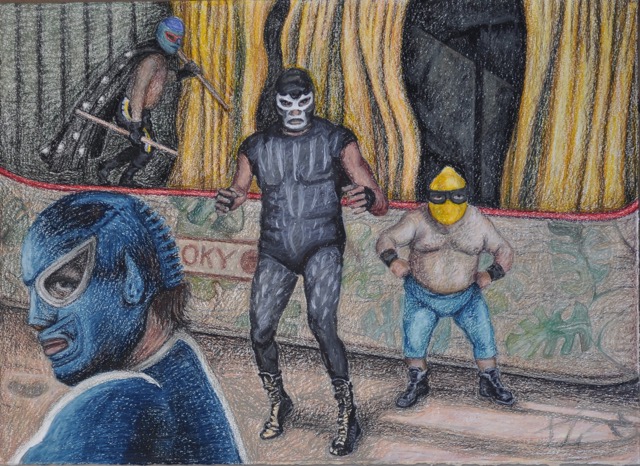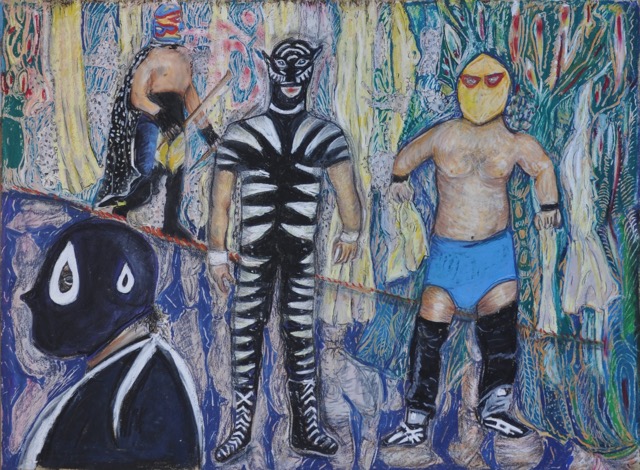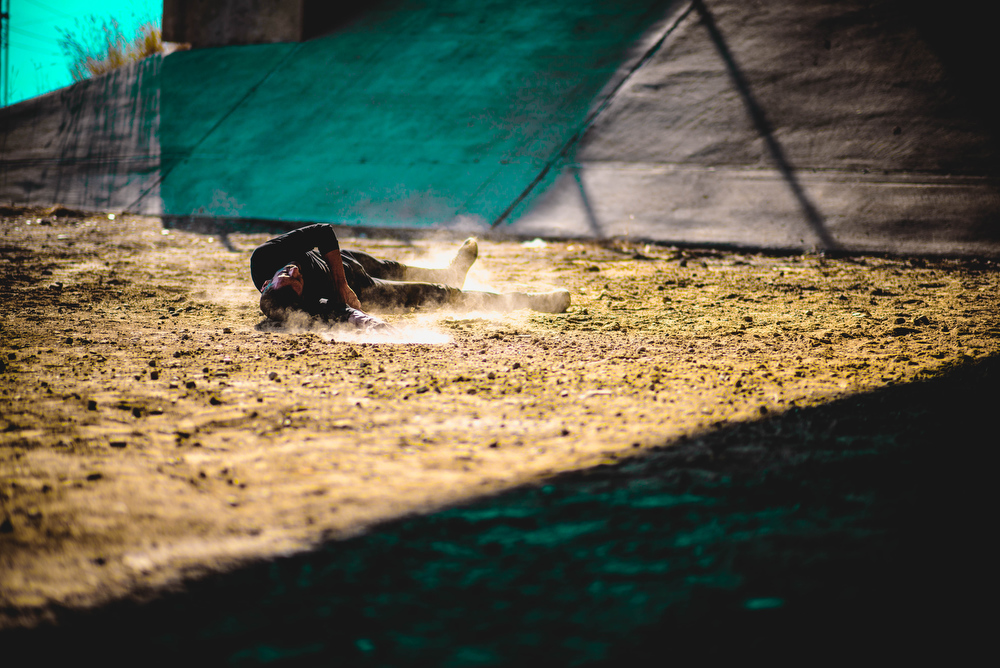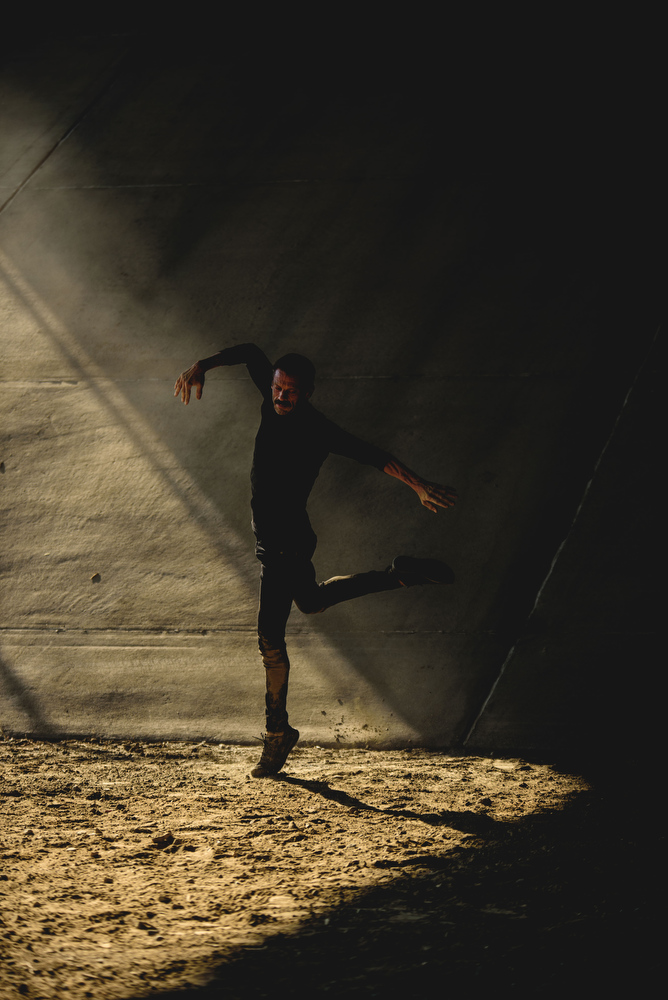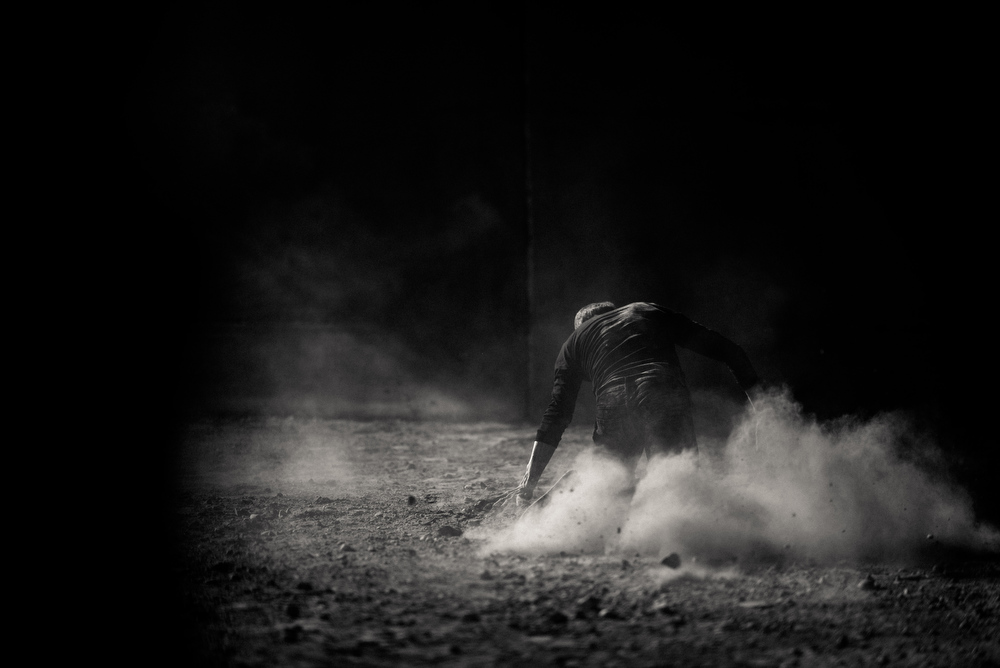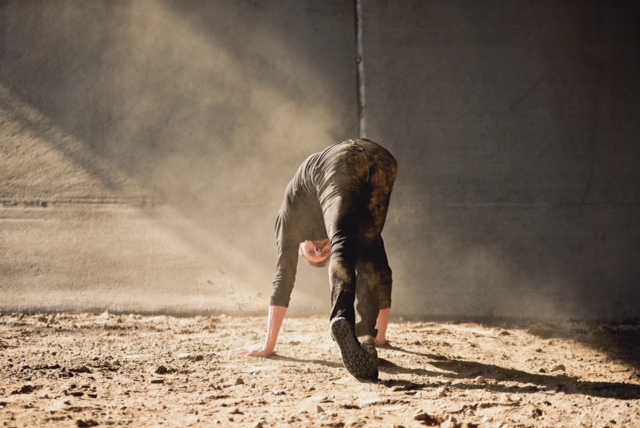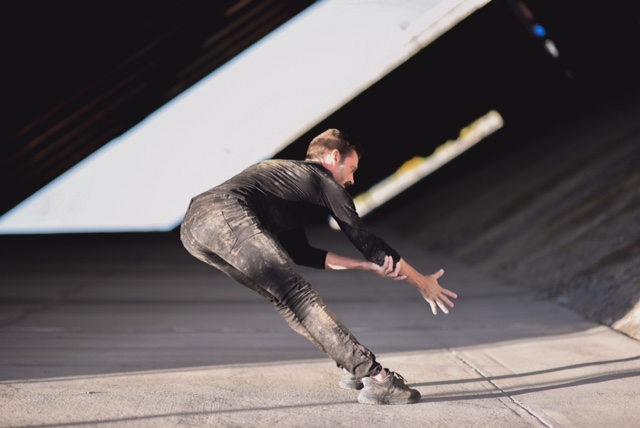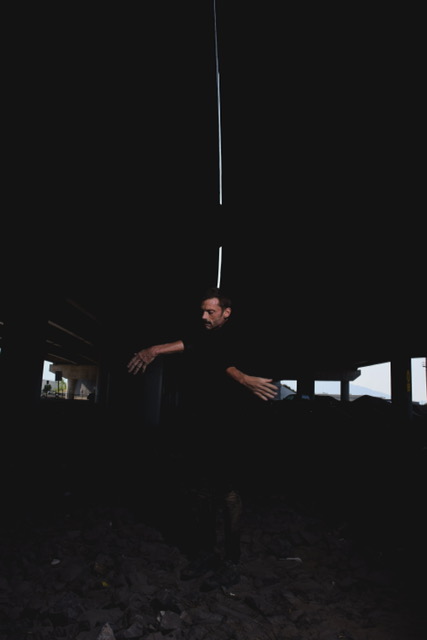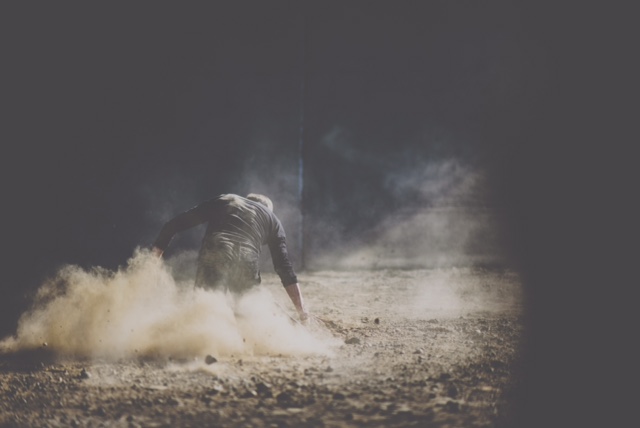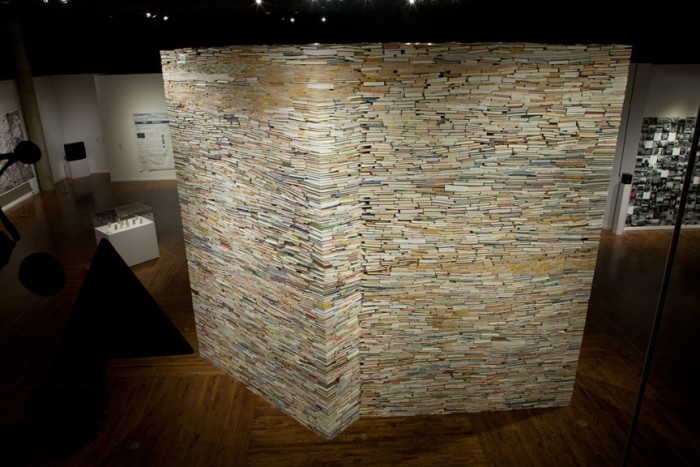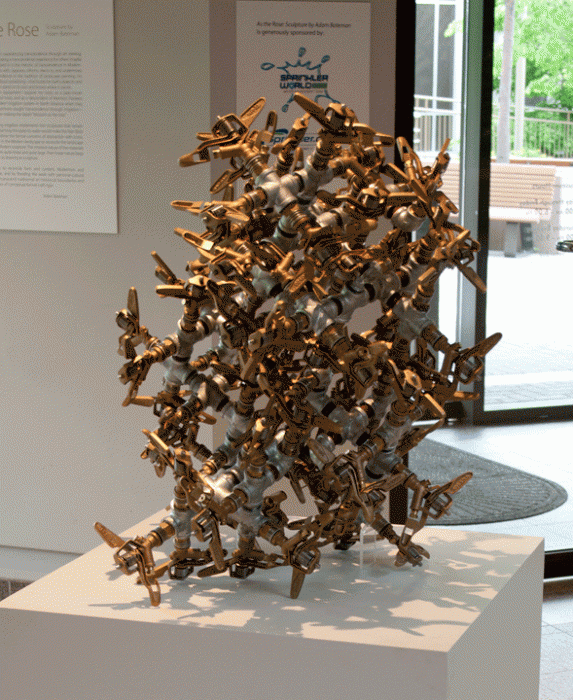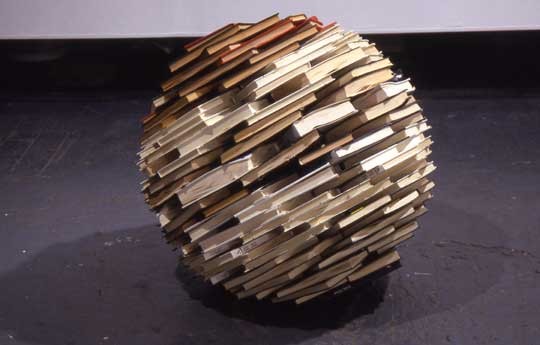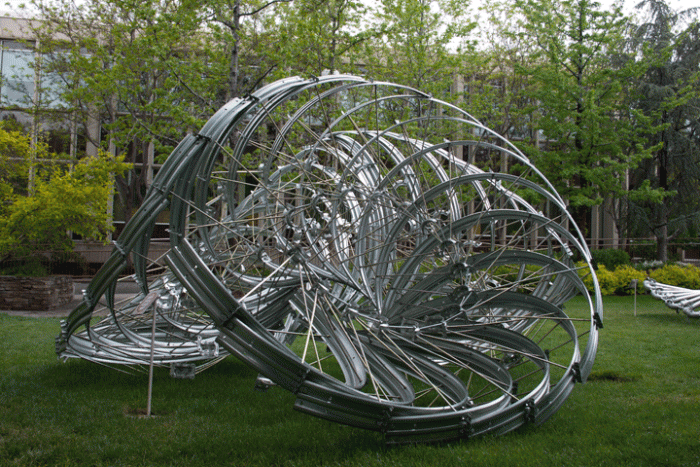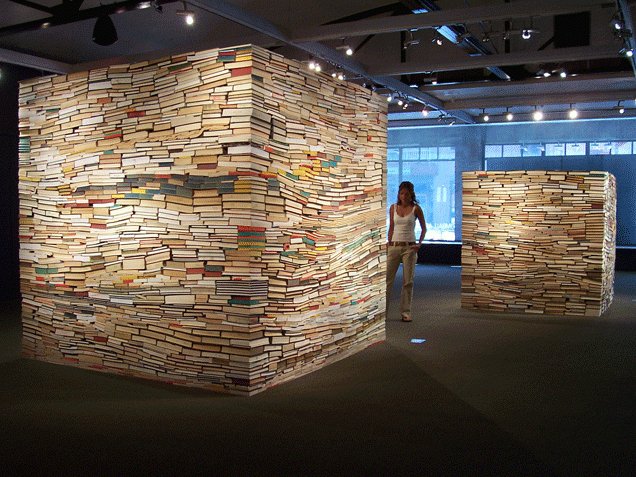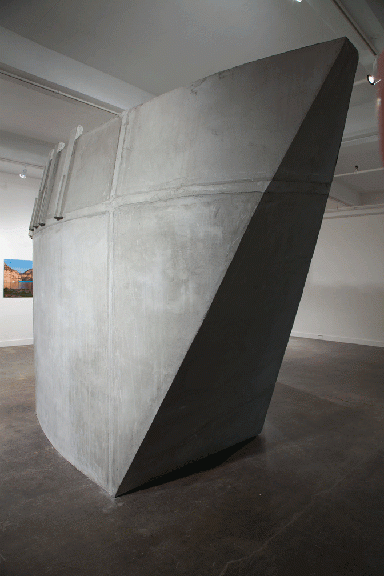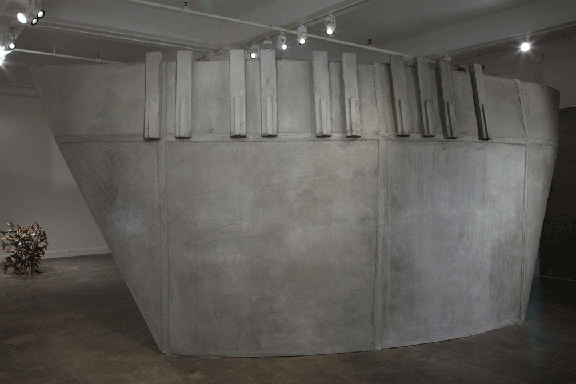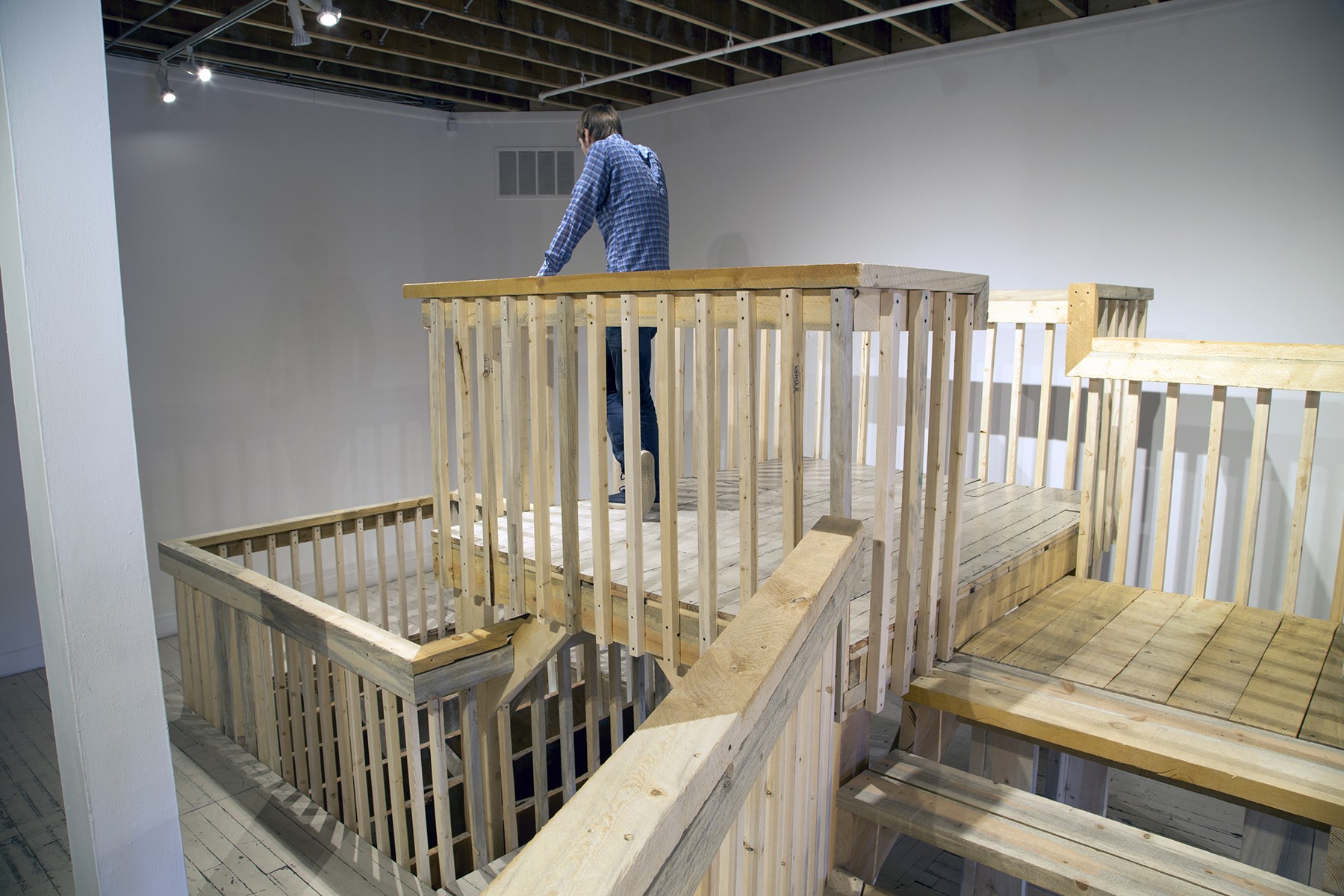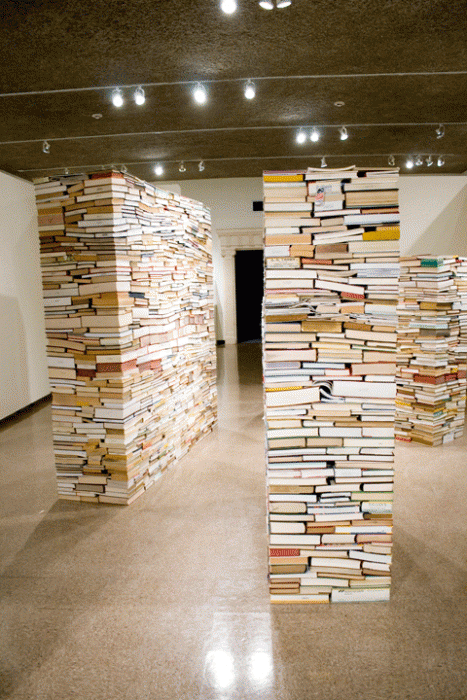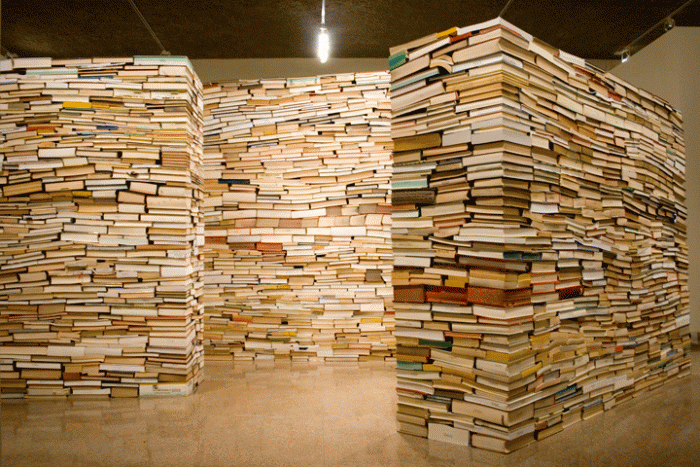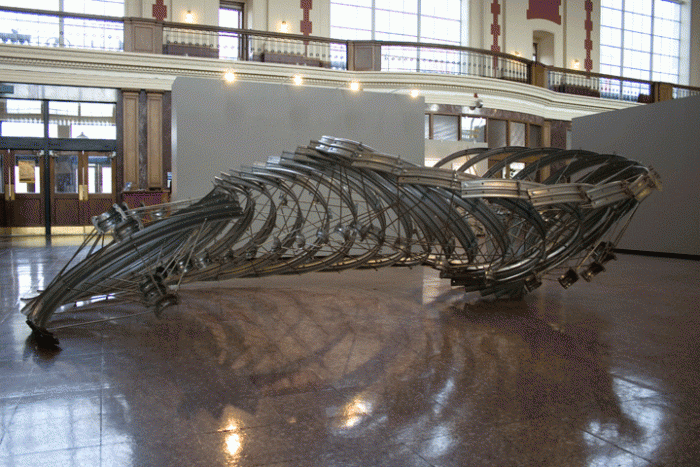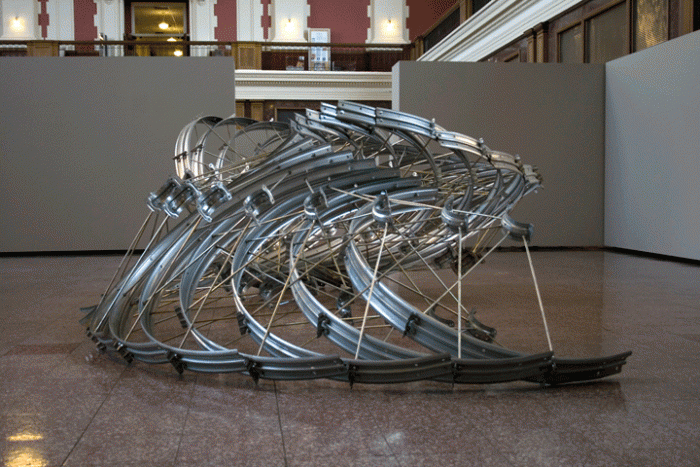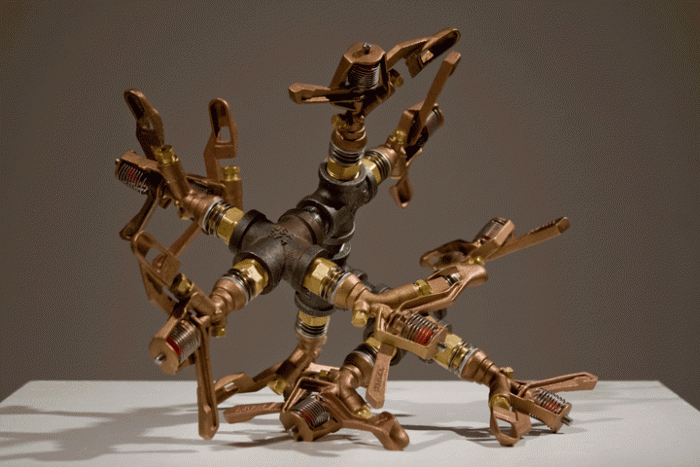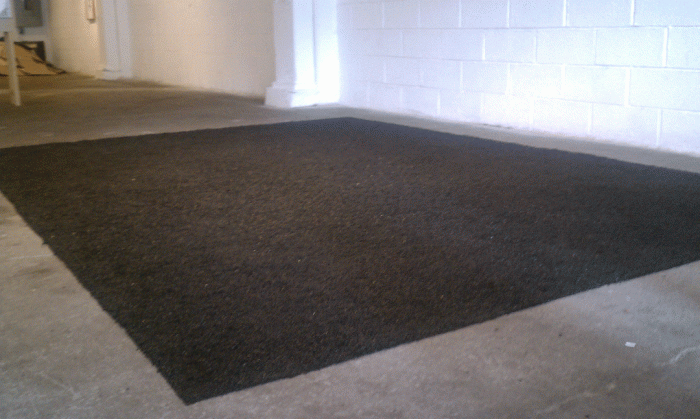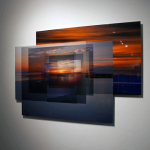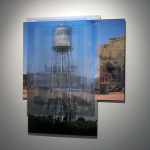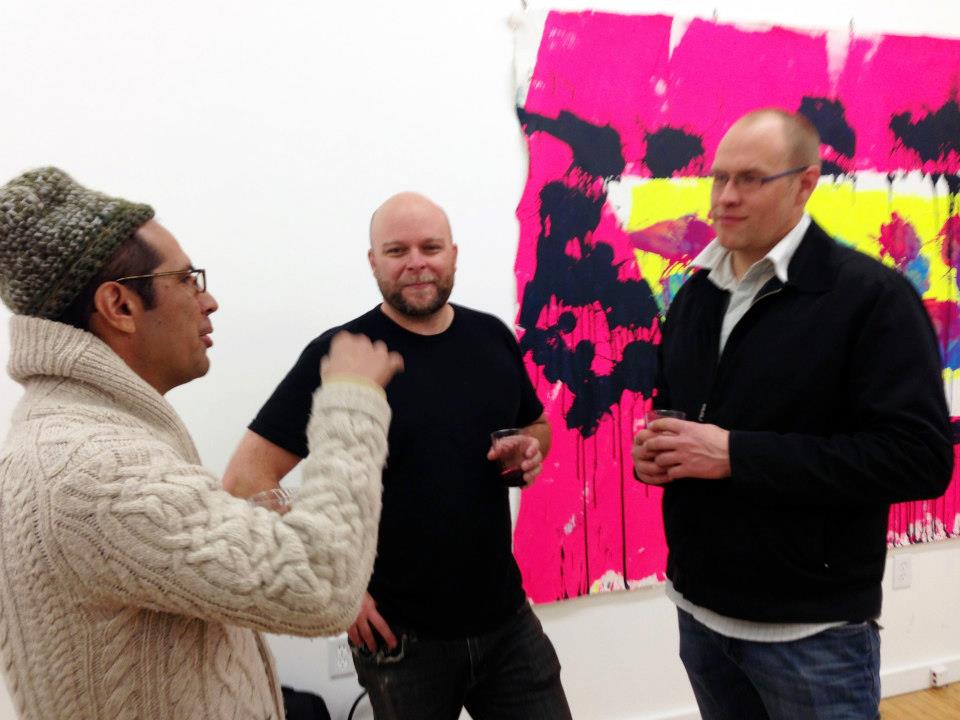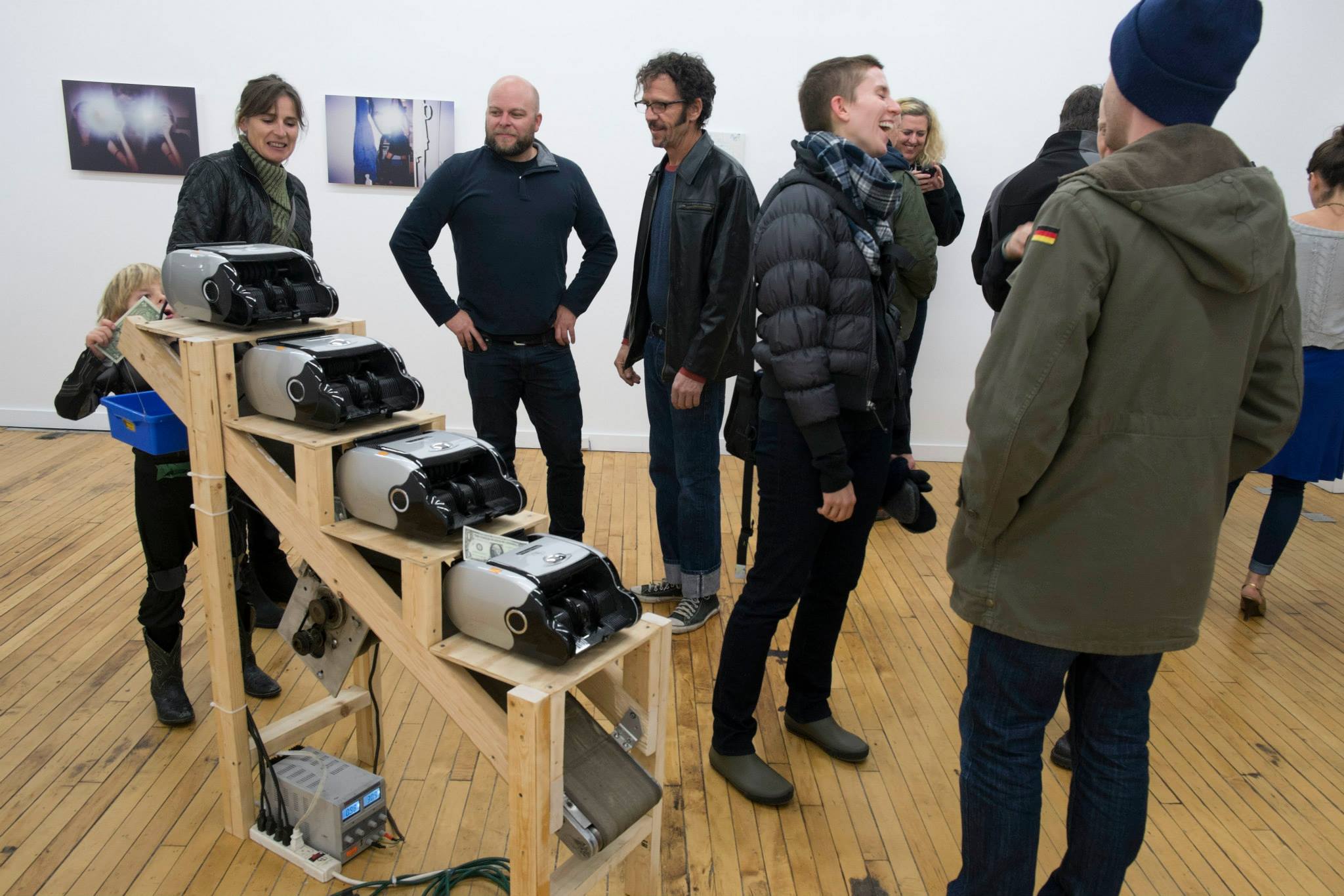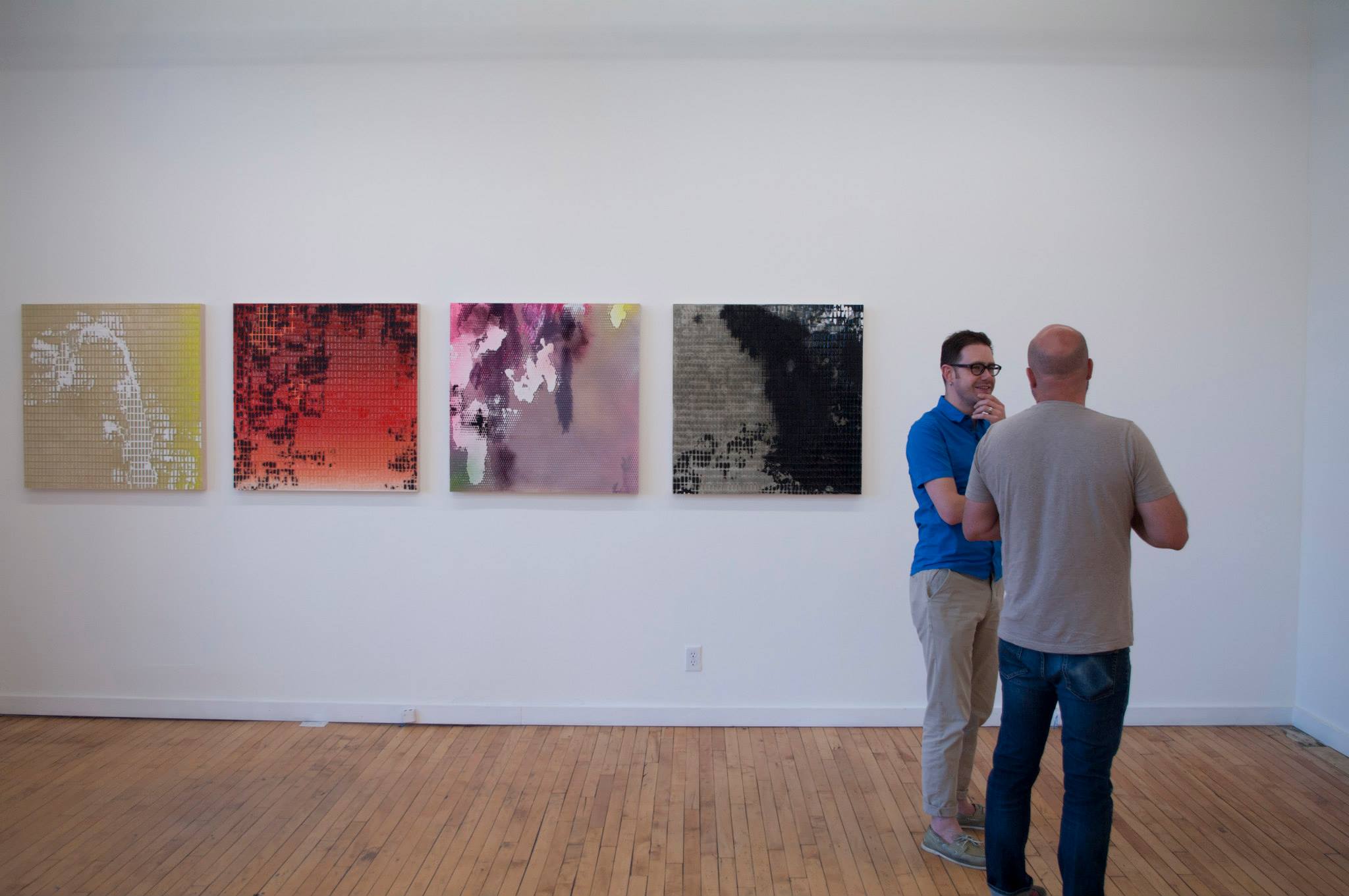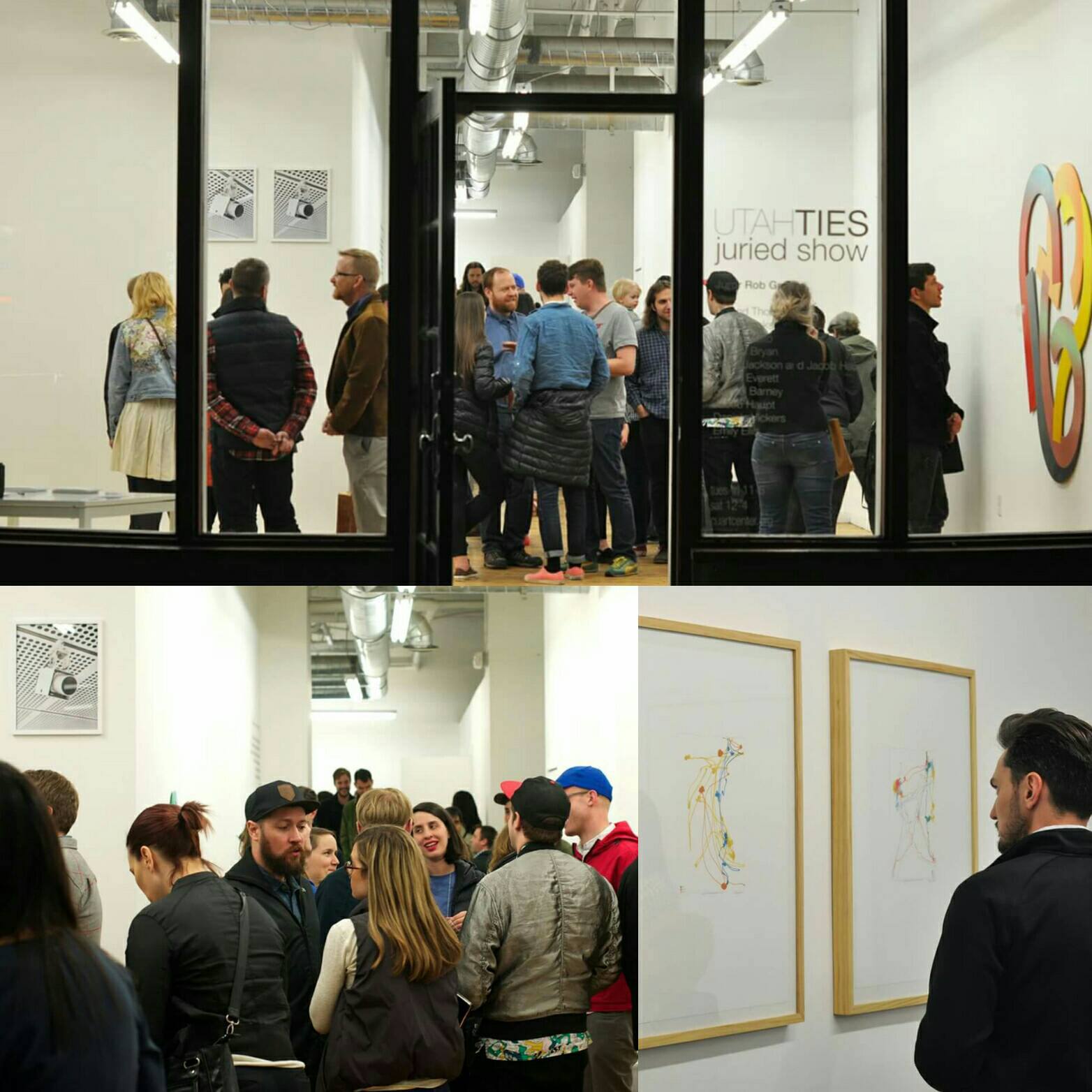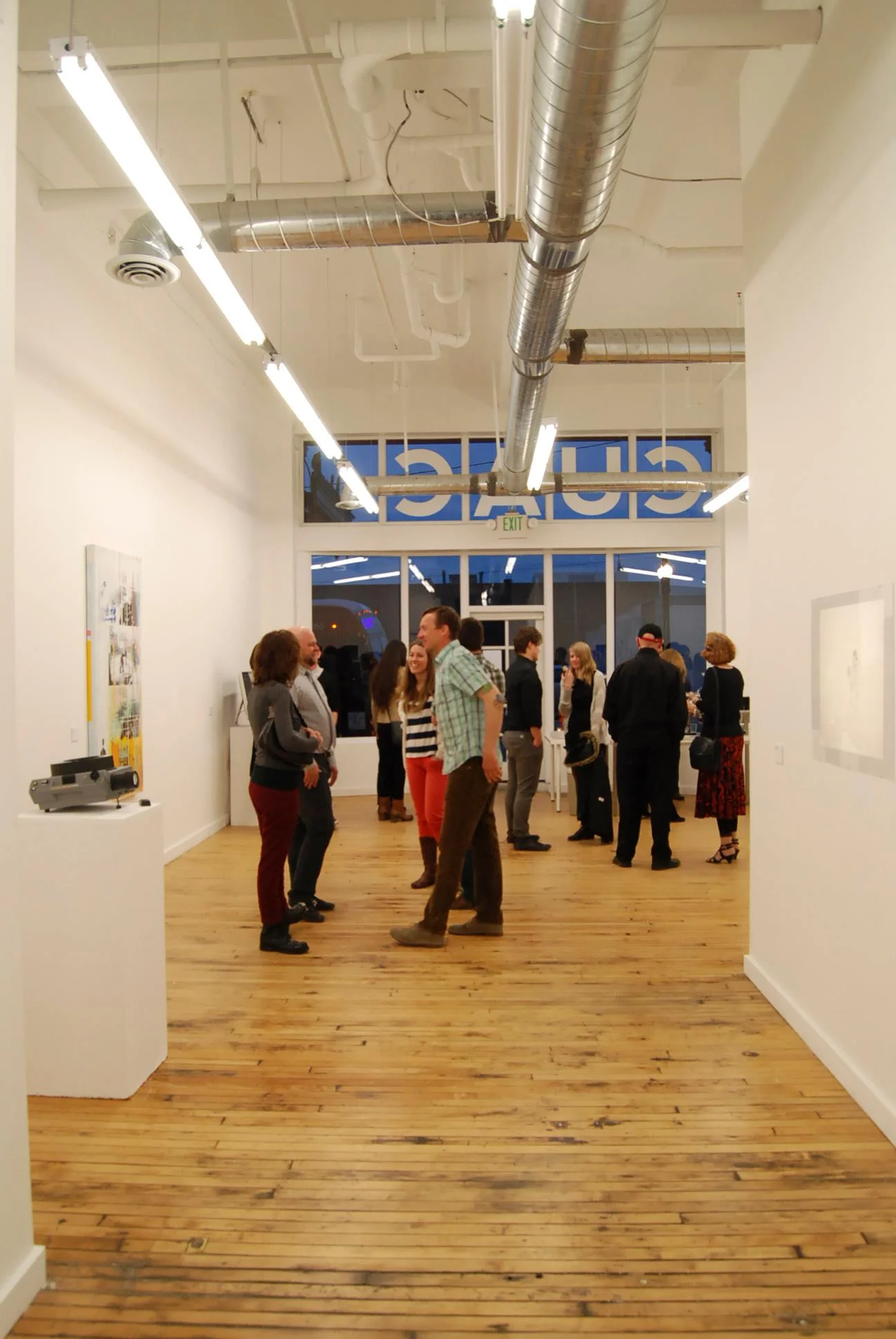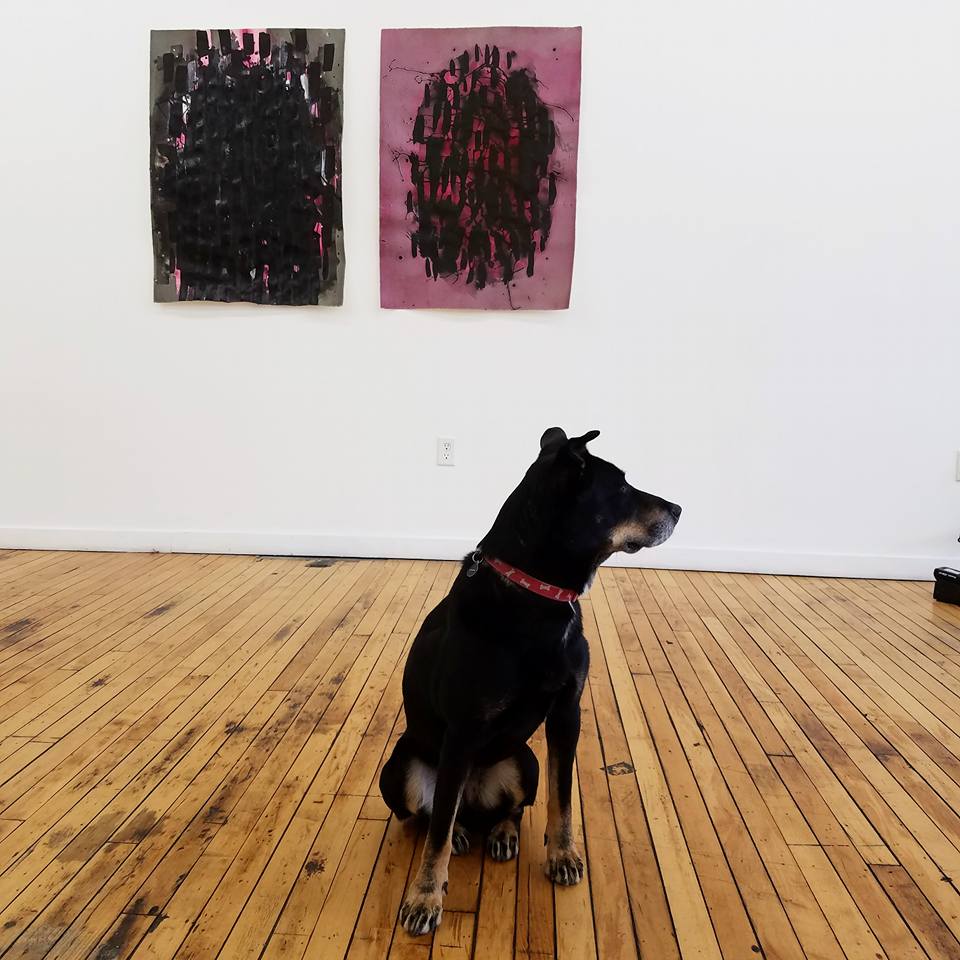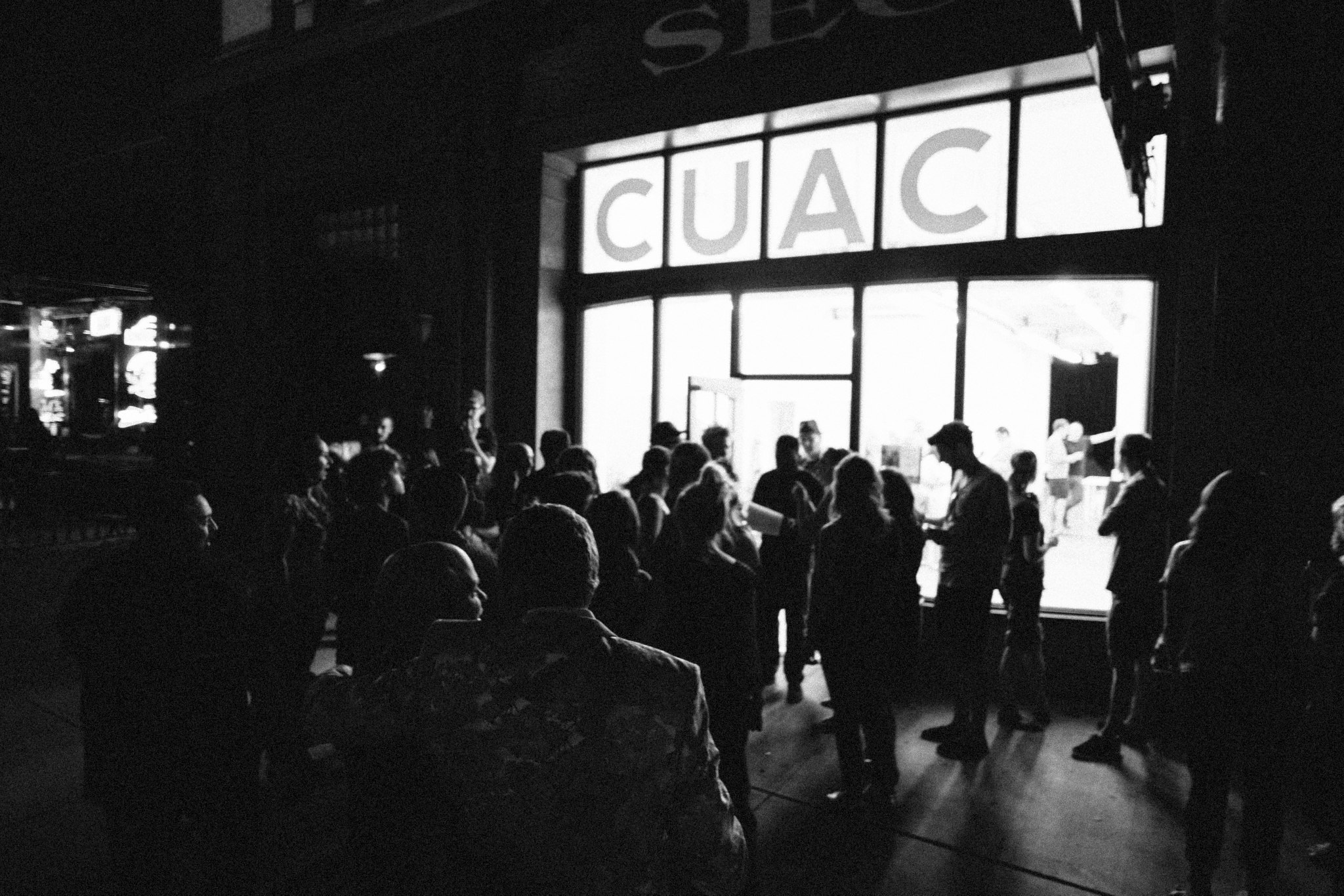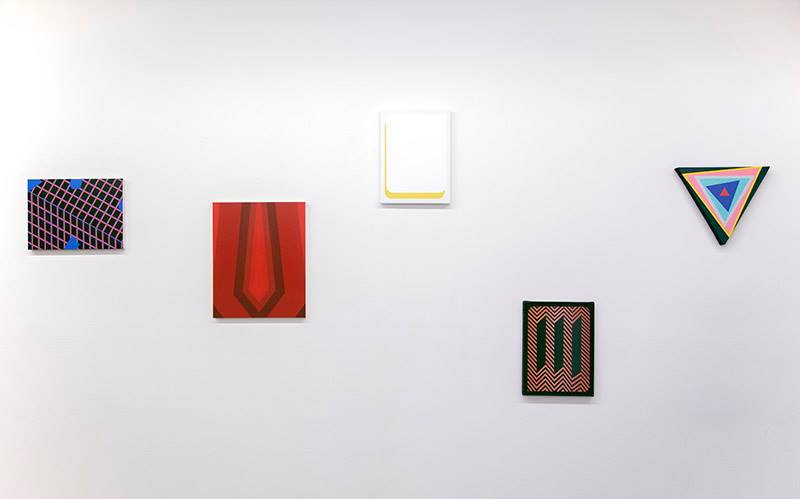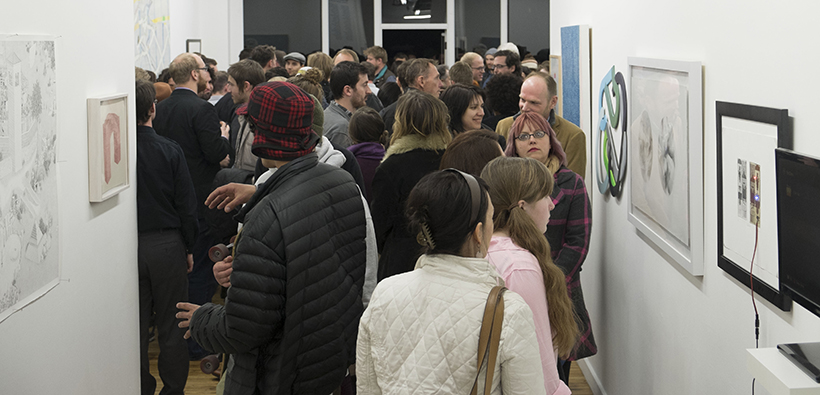David Kranes writes about magicians, gamblers, hit men, painters, casino workers. His characters are frequently displaced seekers with volatile emotions—but always human. He writes about the West. And his characters struggle and love in its surreal landscapes of Las Vegas casinos, Utah deserts, and Montana towns. He exposes the magic in the mundane, the surreal in the simple, and the bizarre in the banal.
As artistic director of Robert Redford’s Sundance Playwright's Lab for 14 years, David Kranes served as dramaturg and mentor for many now celebrated works in American theatre, including Pulitzer Prize winners Angels In America (Tony Kushner) and The Kentucky Cycle (Robert Schenkkan). He also worked with other renowned playwrights including Donald Marguiles, Milcha Sanchez Scott, and Philip Gotanda, and actors Kathy Bates, John Malkovich, J.T. Walsh, and theatre artist Julie Taymor.
With many stories anthologized, David Kranes is a Pushcart Prize nominee for “Blue Motel”; Pushcart winner for “Cordials” (1996)—this story appearing also in Best of Pushcart Anthology (2004); recipient of the Utah Governor’s Award in the Arts, CBS Playwrights Award, National Repertory Play Contest, and Wrangler Award for “Best Short Story Collection” for Low Tide In The Desert.
I have known David for seven years now. Nathan and I worked with him on two separate projects, he is an inspiring mentor to us and a dear friend!
Please enjoy!
Charlotte Boye-Christensen
Tell us a little bit about your background; when did you know that you wanted to be a writer?
I grew up in a Boston suburb, surrounded by my parents' high-powered group of intellectuals: physicians, lawyers, economists, physicists....some of the Nobel winners. Many of these folk--on the side--painted, concertized, wrote. The message was: You do something SIGNIFICANT and, if you're anything, do some sort of art on the side. But you never do art to call attention to yourself. It was a pretty amazing but intimidating circle. To say that I was intimidated doesn't touch what I felt. So I acted out. And, in doing so, discovered writing. A teacher encouraged me. So that's where it started. It wasn't until senior year in high-school that I got at all serious. Which led to some good college acceptances. I was pre-med in college, took a left turn, went to Columbia Law School, had a breakdown and decided--for better or worse, with my parents blessing or not--I'd better do what I feel the fire of: write. So--
What books inspired you growing up and why?
Books?
You are such a prolific and diverse writer: doing screen plays, theatre plays, novels, short stories – which format do you prefer and do you feel that moving between formats makes you a better writer?
In America, writers--as in so many professions--tend to be specialists. In Europe, a writer is a person-of-language. Beckett wrote novels, plays, a film entitled "Film." Philosophers write novels and poetry.
If words are one's raw materials for expression, the European model makes more sense to me.
